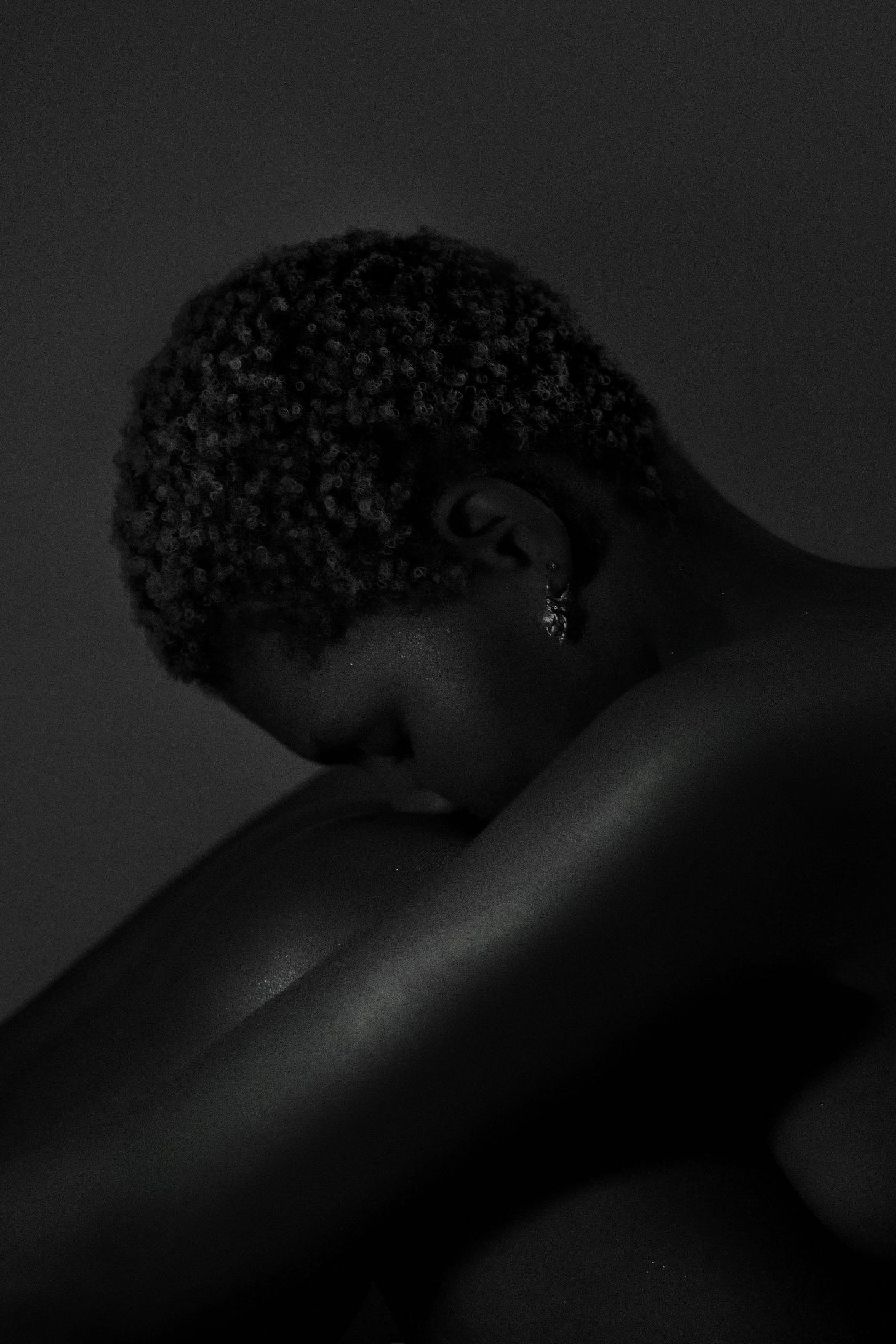No More Mirage of More
"We are flawed because we want so much more. We are ruined because we get these things and wish for what we had."

The frenzy of Black Friday, or, to go even more globally, the mania of Christmas shopping, are spectacles to behold in real-time. From endless lines outside stores to the relentless click of virtual carts filling up, all build up to the dark months of consumerism. They are the days when the collective hunger for “more” re…


